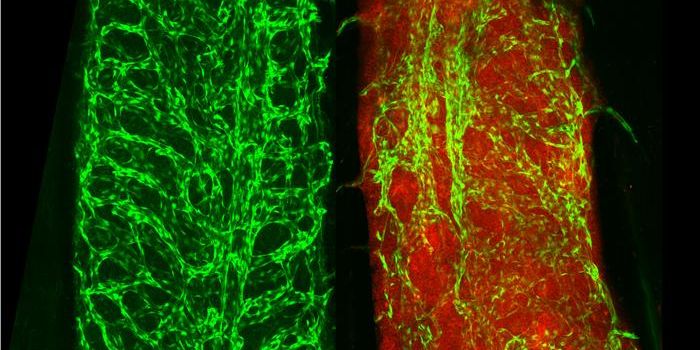New FDA Approval Will Help Prevent Relapse in High-Risk Neuroblastoma Patients
Neuroblastoma, a cancer that forms in immature nerve cells, most commonly occurs in young children under the age of five. A high-risk neuroblastoma (HRNB) diagnosis often warrants a three phase treatment cycle, including chemotherapy, stem cell rescue, and immunotherapy. Recent data suggests about half of HRNB patients treated with a standard treatment regimen will relapse, and five-year survival remains only 50%. Current standards of care lack significant long-term, durable responses, presenting a substantial clinical need for new therapeutic options.
Last week, the Food and Drug Administration (FDA) approved a new treatment for patients with HRNB. The drug, difluoromethylornithine (DFMO), can reduce the risk of relapse for NRNB patients who have responded to previous treatments. The new approval applies to pediatric and adult patients, and, notably, this marks the first treatment to prevent relapse available for pediatric NRNB patients.
The new FDA approval of DFMO (also called eflornithine or IWILFIN) occurred based on the results of clinical trial data published in the Journal of Clinical Oncology. The trial, called Study 3b (NCT02395666), evaluated the efficacy of DFMO in neuroblastoma patients currently in remission. Participants aged 0 to 21 enrolled in the trial and took DFMO orally twice daily. The researchers compared the outcomes of 105 Study 3b participants to historical controls, 1,241 patients from a prior trial called Study ANBL0032 (NCT00026312).
Because the researchers compared results from two different trials, they set specialized criteria to ensure characteristics matched between the groups. The matching resulted in 90 patients treated with DFMO and 270 control patients (a 3:1 ratio). The researchers assessed event-free survival (EFS), , a measure of how long a patient remains cancer-free after treatment, and overall survival (OS), a measure of how long a patient stays alive following treatment.
Patients taking DFMO following treatment exhibited improved EFS and OS. This finding prompted US WorldMeds, the company that developed DFMO, to apply for FDA approval to make the drug available commercially to HRNB patients following treatment. Along with the lead researcher, Dr. Giselle Saulnier Sholler (affiliated with both Penn State Children’s Hospital and Penn State College of Medicine), US WorldMeds presented their findings to the FDA’s Oncologic Drugs Advisory Committee, a group of experts who evaluate safety and efficacy data to advise the FDA. According to the Penn State press release, the Oncologic Drugs Advisory Committee voted 14 to 6 that DFMO would reduce the risk of neuroblastoma relapse in high-risk patients.
Sources: J Clin Oncol (Irwin), Penn State, FDA, J Clin Oncol (Oesterheld)









